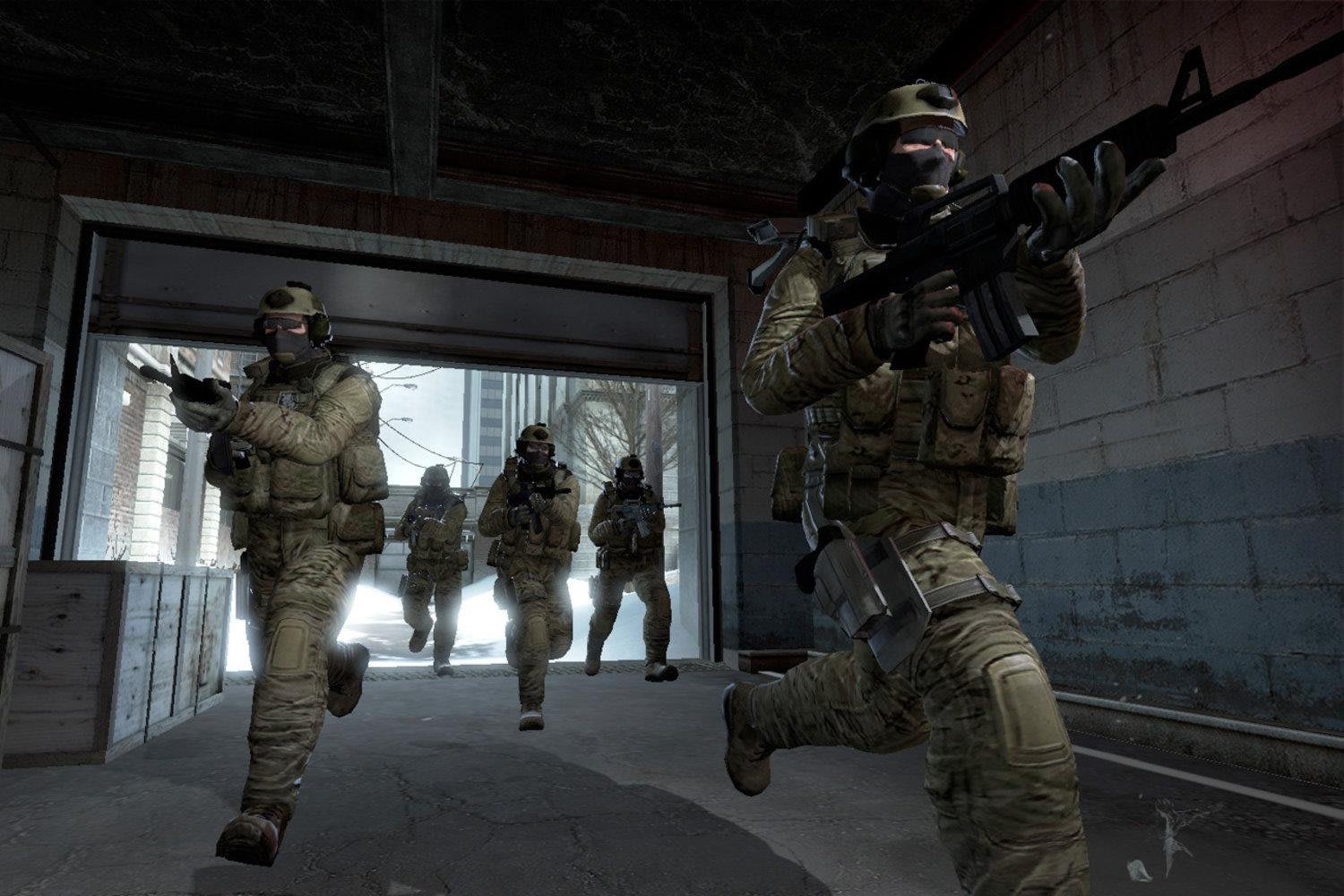The Hookup Dossier: Your Ultimate Guide to Modern Dating
Explore the ins and outs of dating, relationships, and modern romance.
Teamkill Tactics: How Getting Shot by Your Teammate Can Cost You the Game
Uncover the shocking impact of teamkills! Discover how friendly fire can ruin your game and strategies to avoid it. Don't let teammates sabotage victory!
Understanding the Impact of Friendly Fire: How Teamkills Affect Gameplay
Understanding the impact of friendly fire within multiplayer games is crucial for both players and developers. Friendly fire, or teamkills, can drastically alter gameplay dynamics and influence team strategies. When players accidentally eliminate their allies, it often leads to frustration, reduced morale, and a breakdown in communication. Furthermore, the consequences of teamkills extend beyond momentary setbacks; they can create an atmosphere of distrust, where teammates hesitate to make critical plays out of fear of hurting their comrades. These factors collectively contribute to a less enjoyable gaming experience, underscoring the importance of addressing friendly fire in game design.
Furthermore, the impact of teamkills on gameplay can also manifest through an imbalance in performance metrics. In competitive settings, frequent teamkills can lead to significant penalties, affecting players' ranks and overall standing within the community. Developers often introduce mechanics to minimize the occurrence of friendly fire, such as damage mitigation among teammates, to maintain a balanced and rewarding environment. Ultimately, understanding these dynamics is essential not only for enhancing individual gameplay strategies but also for fostering a positive team environment in multiplayer experiences.

Counter-Strike is a popular series of tactical first-person shooter games that emphasizes team play, strategy, and skill. Players choose to compete as either terrorists or counter-terrorists in various objective-based game modes. The game has evolved over the years, with the latest installment being Counter-Strike 2, which has introduced new mechanics and graphics. For competitive teams, the stakes are high, especially in important tournaments like the relegation match cs2, where teams fight to maintain their standing in the competitive scene.
Top 5 Strategies to Avoid Teamkill Scenarios in Competitive Games
In competitive gaming, few experiences are more frustrating than falling victim to teamkill scenarios. To mitigate this risk, it’s essential to implement strategic communication within your team. Establishing clear roles and responsibilities can greatly reduce the likelihood of misunderstandings that lead to friendly fire incidents. Use voice chat or in-game text to announce your position and intentions. A simple "I’m on the left flank" can help your teammates avoid targeting you inadvertently. Regularly discussing tactics during downtime can also foster a better understanding of each player's style and behavior, creating a more cohesive unit.
Another effective strategy is to utilize in-game tools designed to prevent teamkill scenarios. Many competitive games come with features that allow you to ping your location or signal enemy movements, which can alert teammates to their surroundings. Additionally, taking time to learn and practice the game's mechanics can ensure that you don’t unintentionally put your teammates at risk. Consider forming a buddy system where players move together, ensuring that no one is isolated and reducing the possibility of receiving friendly fire. Following these strategies will significantly enhance your team's performance and minimize the chances of teamkill incidents.
What to Do When You Get Shot by Your Teammate: Tips for Recovery and Strategy
Getting shot by your teammate can be a frustrating and disorienting experience during gameplay. It’s essential to stay calm and assess the situation. First, take a deep breath and remember that accidents happen even in the most coordinated teams. Communicate with your team immediately. Use your microphone or chat to inform your teammates of the situation, ensuring that they know you are down and need assistance. This promotes teamwork and minimizes confusion. If necessary, consider switching to a more supportive role for the remainder of the match while you recover from the incident.
Once you’ve reported the incident, focus on recovering both mentally and strategically. Use this opportunity to analyze the gameplay and identify what led to the friendly fire. Ask yourself questions like:
- Was there a lack of communication?
- Did I misinterpret my teammate's actions?
- How can I prevent this from happening in future matches?
Learning from these experiences can enhance your teamwork and overall performance. Remember, it's not about pointing fingers, but about growing together as a unit. Maintain a positive attitude, and don't let one mishap ruin your day; instead, use it as motivation to improve.